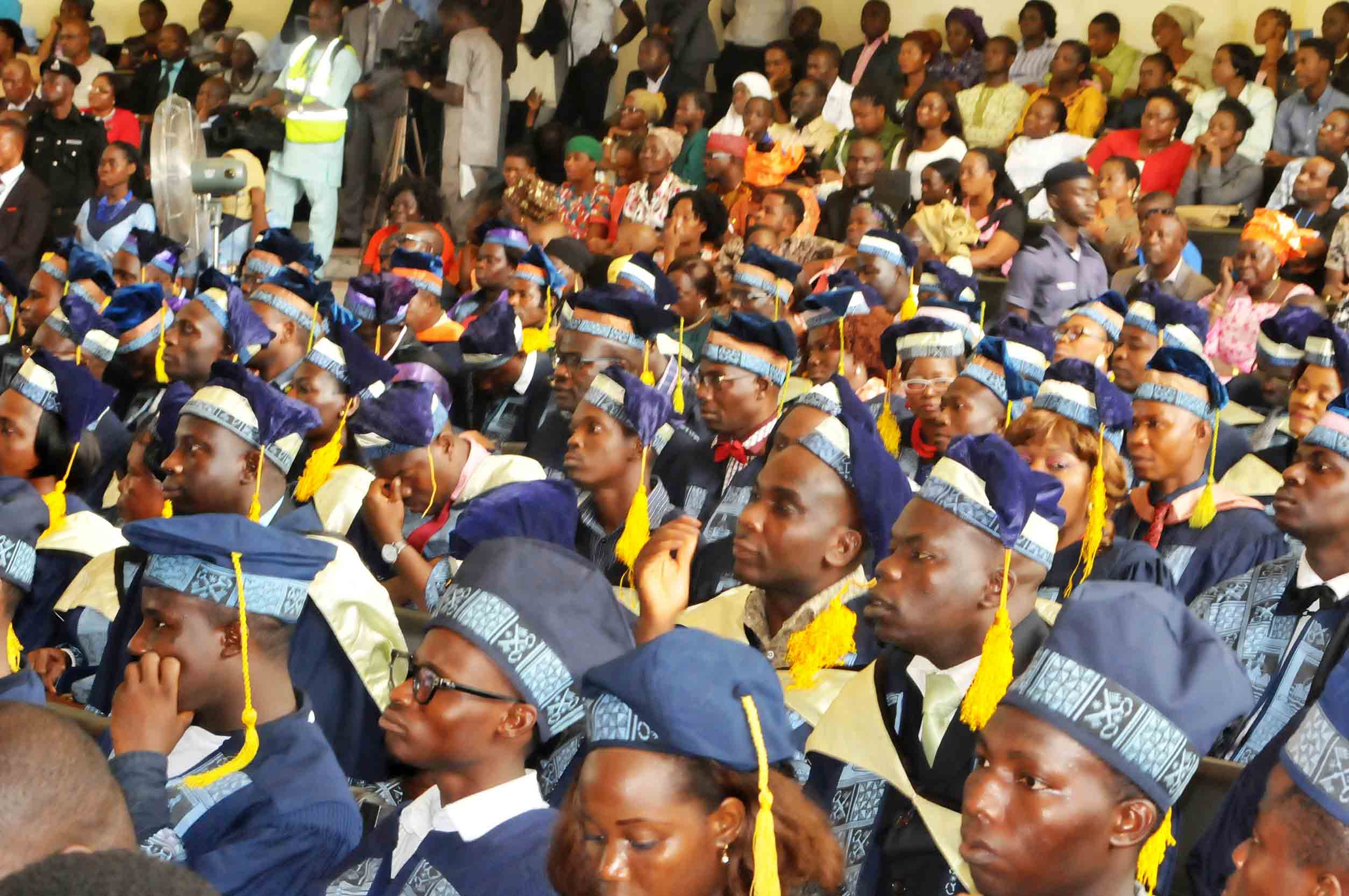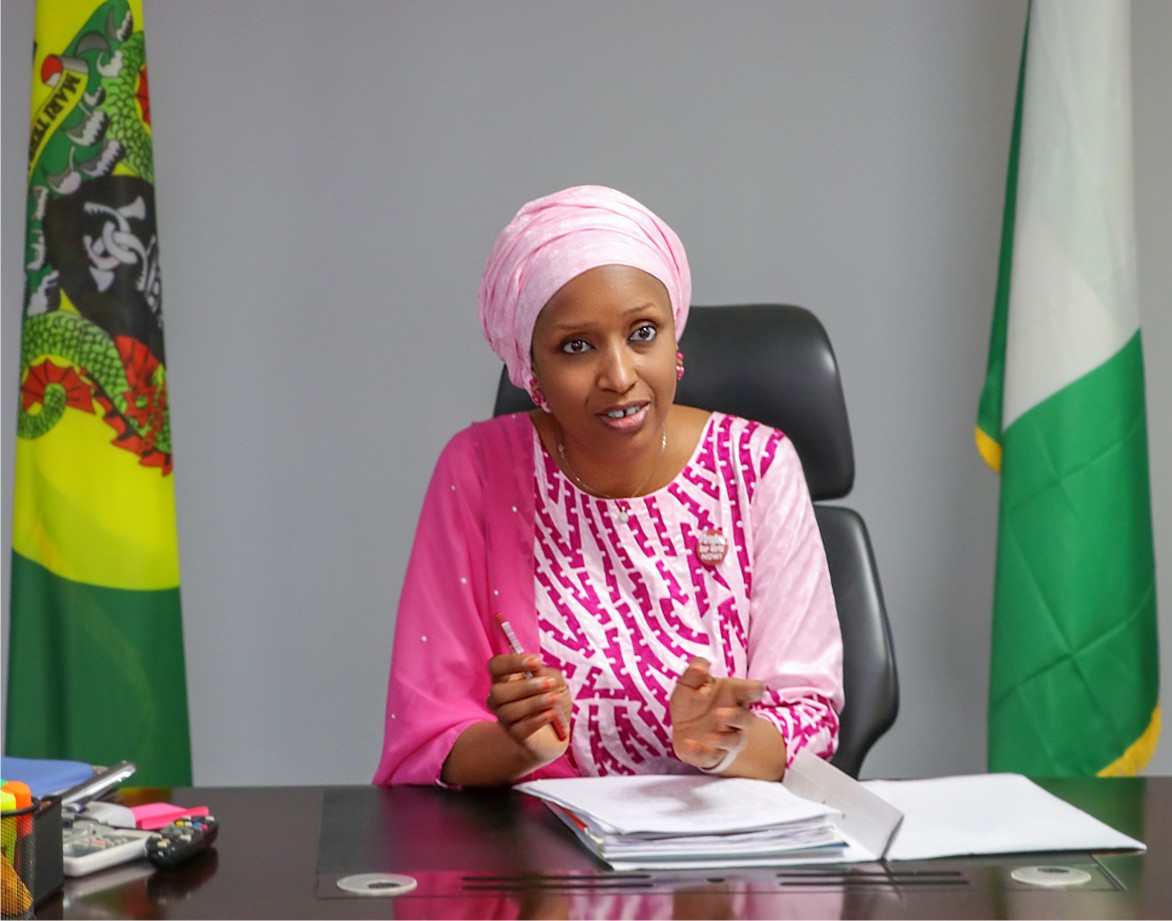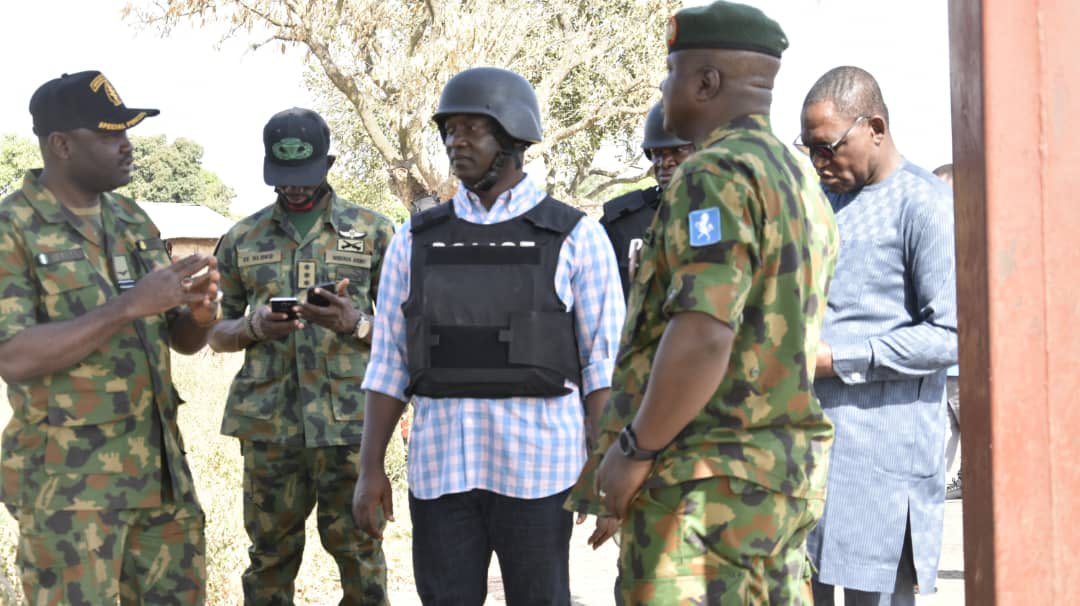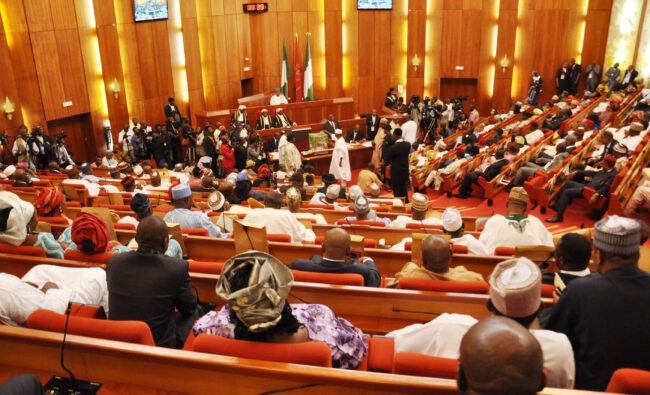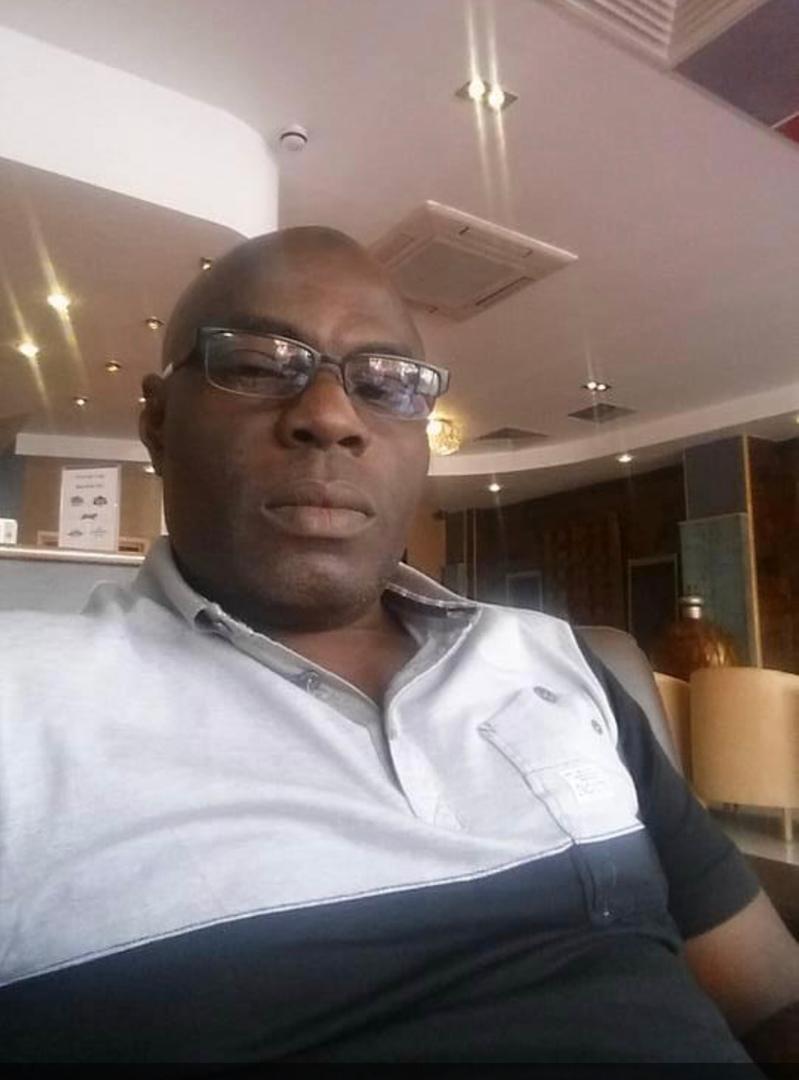BY GODSON DA-CLARKE
From childhood I read and heard Nigeria’s educational structure was 6-3-3-4—meaning six years of primary education, three years each of junior and senior secondary education, and another four years or more of tertiary education. Right now the ‘6-3’ half of it constitutes basic education, and in general, this structure runs on a five-days-a-week pattern from Monday to Friday and classes typically run from eight a.m. to four p.m. (or sometimes six p.m. if you add after-school lessons). Primary and secondary school students use school uniforms (presumably a branding strategy for the school) and then endure gruelling holiday lessons, and the certificate obtained at the end of tertiary education is assumed to be the ticket to good jobs and the good life. I think that about sums up Nigeria’s educational structure, doesn’t it?
When formal education in Nigeria was launched by the British with the creation of the Nursery of Infant Church (now St. Thomas Anglican Nursery and Primary School) in 1843 at Badagry by the Church Missionary Society (CMS), the joke around is that it was usually stubborn children who were sent to school. Education became the condemnation for ne’er-do-wells, and because but few people went to school and they were mostly male—in Africa, the woman’s place is in the kitchen and that’s her entire education—primary education was all one needed to become successful in life in Nigeria. As farmlands were emptied and more people poured into schools, more primary schools were built and secondary schools sprang up too. Then secondary school became the benchmark for completion of education and a senior school leaving certificate was the way to wealth. They easily became clerks, secretaries, receptionists and so on to the colonists in Nigeria, becoming rich in the process.
Once the defunct University College, Ibadan (now the University of Ibadan) was established, university education became the pinnacle, and the proliferation of universities and other tertiary institutions plus an ever-swelling population of female students led to a groundswell of graduates. Along with this upsurge, unfortunately, came a fall in the standard of education with less emphasis on quality and more emphasis on quantity. The curricula kept getting more voluminous and the schemes of work more hectic, there was greater literacy but less education and empowerment to contribute meaningfully to the society (and I feel that the oil boom of the ‘70s did play a role by shifting focus to an oil economy and the acquisition of certificates). And guess what suffers the heat the most till today? The job market!
Without going into a full-blown analysis of the increasing unemployment rate in Nigeria (3.4% in 2008 and 7.46% in 2020) because it’s obvious even to a casual observer, I hereby call for an overhaul of our education system. The first step I believe the government should take is to create a reward system for skilled artisans, scientists, and those in the dramatic and creative arts. I know entertainers are getting well paid now and politicians take home jumbo pay, but imagine if carpenters, painters, actors, tailors, chefs, and writers, for example, were also honoured for the work they do in lieu of being looked down upon as being on the fringes of society like we do today! We would see people actually forgoing university education and going from secondary school straight into their preferred vocations. This not only reduces the overwhelming burden on infrastructure in our tertiary institutions (of which there has been little, if any, improvement apart from papering over the cracks in decades) but also, as a spin-off, liberates people from job-seeking slavery and gives them pride in doing what they really love to do to contribute to society. There is no limit to how far people go when they love what they do and a happy society is the result.
Advertisement
We mentioned government investing in scientific fields of study earlier and I wish to press upon that proposition here because it is necessary in creating level playing field for all sorts of occupation. I am a writer and editor today, but I really finished in the sciences from secondary school. Nobody who was in my science class back then, as far as I know, is still operating in the sciences—perhaps except ICT which was not a thing as at that time. The reason for the mass exodus from the sciences is simple: science students have no future in Nigeria. Even those in architecture, engineering, medicine and the paramedics who get some attention face real tough luck in Nigeria. The brain drain in the biological, chemical, and physical sciences (including ICT) seems to have gone unnoticed by government at all levels; if anything, they seem to be encouraging it by sending their own children abroad to study. The impression created is that they know the system is messed up but intend to do nothing about it, likely because they created the mess. This nonchalant attitude is exactly what has led to increase in insurrectionist and terrorist activities around the country bred by hopelessness.
All I have said so far is said with the understanding that education creates gainful employment and the government needs to do something as a matter of urgency to make employment easy for all by making every field of human endeavour marketable. The excuse that graduates are unemployable is untenable; the government created that problem and the government should fix it rather than complain about it. People are so scared of self-employment because the enabling environment entrepreneurship requires to thrive is lacking here, especially with lack of basic social amenities and the endemic corruption characteristic of the Nigerian state. This state of things leaves our employees hopelessly at the mercy of employers and gnaws away at their human dignity and the dignity of labour. I myself had to step out of the whole job search owing to this same problem; I cannot let anyone trample me underfoot just because I expect some meagre pay at month end that is actually designed to keep me in subjugation as it’s not enough compensation for my efforts and leaves little room for advancement.
You see, a system that empowers employers unduly and emasculates employees is undoubtedly doomed to destruction. Our labour laws need to be revisited since muzzling the rights of workers is glorified serfdom and leads to less efficiency in the long run as the law of diminishing returns sets in. We ought to create courts for judging cases of labour relations such that workers can sue their bosses easily and not have to pay for it in cases of infringement on workers’ rights. Labour unions ought to be able to get in the private sector and stamp their presence authoritatively. This entire process will be greatly hastened by a more rounded, expanded approach to education that makes it less streamlined and employment more diversified. Not everyone was made to leaf through school books and office files trying to eke out a living in the quest for a decent life while their true talents waste away.
Advertisement
Having taught here and there, I have earned the right to speak on issues of education and I believe we need to shorten school hours and lessen school days. The culture of children resuming eight a.m., closing six p.m., and still attending holiday lessons ostensibly so they can ‘be ahead of everybody else before school resumes’ but really so proprietors and teachers can make more money, is unacceptable. Six hours of school (8am to 2pm) should be sufficient across all levels of education for covering curricula so students can have time for research and other extracurricular activities unforced (not enforced) by the school. School uniforms should be scrapped too; proprietors use them for profit and not for the identification or security reasons they portray to the gullible public. They add absolutely nothing to quality of education.
Furthermore, I believe bicycles should be provided for secondary school students and scooters for those in tertiary institutions. (By the way, the lower rating of HND holders in relation to degree holders needs to be undone practically and methodically.) I also suggest tuition and books should be compulsory and completely free for primary and secondary schools. Children seen hawking and begging in the streets should be herded off by government officials and not released till they are registered in schools and their parents pay fines for subjecting them to such suffering. Every child MUST be educated by all means possible—and I mean Western education, not almajiri schools. For those who choose to go on to tertiary institutions, schooling should be limited to three days a week so they can use the remaining two days to work and earn wages (at that level, the system should permit them to work while schooling) or practise their crafts and make money through their own vocations.
In addition to reducing classroom time, let the government sponsor a mandatory, free year-long language, sports, or vocational training after secondary school. Let the students choose according to their desired future and be sent to centres already established by professionals whose organisations will be paid by the government for that purpose. This package should also come with weekly stipends given to students and university scholarship, startup sponsorship, or employment in government parastatals after the said training for excellent students according to official standards. Let me include—and insist—that agriculture and ICT be included in this exercise to boost our food production and keep us on track with technological trends, even taking us ahead eventually. Research centres should be funded and guided more deliberately to see to it that Nigeria begins to take the lead in discovering and executing new ways of improving human life. This sort of push should ultimately make education more than a mere academic exercise and actually develop our human capital. No society ever excels beyond the capacity of its people; it’s the people who handle other problems.
It would be remiss of me to end this essay without asking government to pay particular attention to teacher training and remuneration as well as serious upgrade of our educational infrastructure. Classrooms, staff rooms, libraries, laboratories, and hostel facilities of public schools have to be refurbished and expanded to contain the current capacity they have to carry. This will even make off-campus accommodation less attractive for students, especially if Wi-Fi networks are installed in halls of residence in tertiary institutions. The outbreak of COVID-19 has made e-learning more essential than ever before; Nigeria has to stop being an analogue country in a digital world and move with the cloud of glory in implementing global best practices. All this will take more than the twenty-six percent (26%) budgetary allocation for education advised by UNICEF, but if politics is receiving humongous allocations, then education deserves a lot more for a country serious about the development of her citizenry.
Advertisement
All I have said, In a nutshell, is that Nigeria’s education sector, without doubt, needs to have a state of emergency declared across the federation. The establishment of private and public institutions across all levels of formal and informal education over the years has been encouraging and we only need hold them up to specific standards so sound citizens will be churned out of our institutions. It is also applaudable that girl-child education is now the norm rather than the exception in Nigeria, although it has led to social upheavals and Northern Nigeria needs more aggressive encouragement of education for both genders but especially for the female folks. Now let there be another revolution that takes technological and vocational engagement alongside scholastic education as separate from but equal to academics and just as essential. This will expand employment opportunities (as entrepreneurship will thrive) and cut the craze for university education and white-collar jobs. Internally-generated revenue will be multiplied many times over and Nigeria will become an industrial hub for Africa and a preferred destination for investors around the world.
Views expressed by contributors are strictly personal and not of TheCable.
Add a comment
